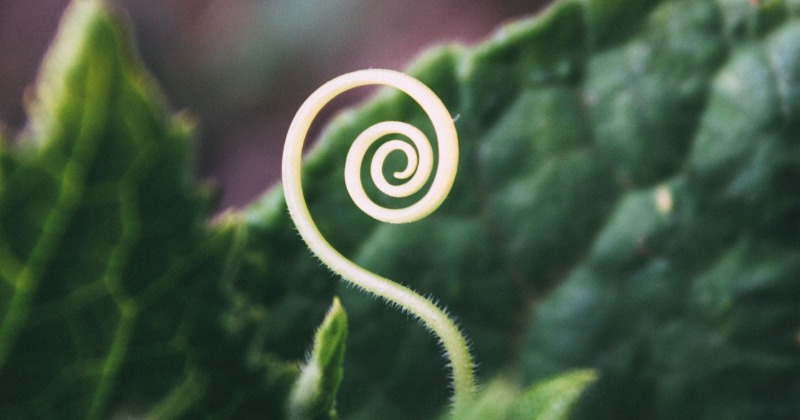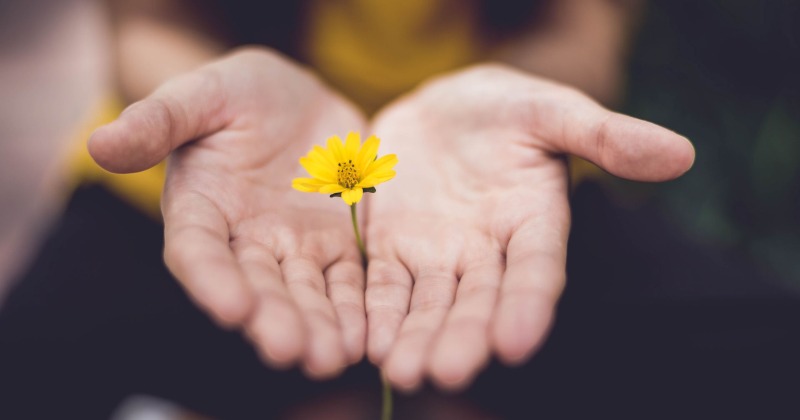From the Blog
Writings on Well-Being Dr. Rick Hanson

Stay Right When You’re Wronged
Blasting another person with anger is like throwing hot coals with bare hands: both people get burned. Speak calmly and from your heart, even when wronged.
Get these articles delivered directly to your inbox every week.
"*" indicates required fields
Rest in Center
There is a deeper place that is undisturbed, your center. As you deepen your sense of connection with this core of your being, you’ll be more resilient, happier, and at ease.
Meditation + Talk: How to Steady Your Mind and Enter Deep States of Meditative Absorption
In this Wednesday Night Meditation, guest speaker Tina Rasmussen offers a guided meditation and talk which focused on How to Steady Your Mind and Enter Deep States of Meditative Absorption, which includes a Q&A and discussion.
Pet the Lizard
The brain is highly integrated, so these three key functions – avoiding, approaching, and attaching – are accomplished by all parts of the brain working together.
Meditation + Talk: Four Ways to Let Go
In this Wednesday Night Meditation, Dr. Rick Hanson offers a guided meditation and talk on Four Ways to Let Go, which includes a Q&A and discussion.
Meditation + Talk: The Upward Spiral of Sudden Awakening and Gradual Cultivation
In this Wednesday Night Meditation, Dr. Rick Hanson offers a guided meditation and talk on the upward spiral of sudden awakening and gradual cultivation, which includes a Q&A and discussion.
Love Freely
Love is in our nature, woven into our DNA. Love is a natural wellspring inside us all. It doesn’t need to be pushed or pumped. It needs to be released.
Meditation + Talk: Seven Factors of Awakening, and Three Approaches to the Unconditioned
In this Wednesday Night Meditation, Dr. Rick Hanson offers a guided meditation and talk on Seven Factors of Awakening, and Three Approaches to the Unconditioned, which includes a Q&A and discussion.
Let It R.A.I.N.
R.A.I.N. is an acronym developed by Michelle McDonald but adapted a bit by me, to summarize a powerful way to expand self-awareness.
Meditation + Talk: Changing Your Mind
In this Wednesday Night Meditation, Dr. Rick Hanson offers a guided meditation and talk on Changing Your Mind, which includes a Q&A and discussion.
Leave the Red Zone
In a busy life, each day gives you dozens of opportunities to leave the Red zone and move toward Green. Each time you do this, you gradually strengthen the neural substrates of Green, one synapse at a time.
Meditation + Talk: Cultivating Compassion for the Journey
In this Wednesday Night Meditation, guest speaker JD Doyle offers a guided meditation and talk focus on Cultivating Compassion for the Journey, which includes a Q&A and discussion.
Meditation + Talk: Guided Connection to Calm and Equanimity with Wisdom Mudra
In this Wednesday Night Meditation, guest speaker Tarané Sayler offers a guided meditation and talk focus on Guided Connection to Calm and Equanimity with Wisdom Mudra, which includes a Q&A and discussion.
Meditation + Talk: Resting in Simply Being in the Present
In this Wednesday Night Meditation, Dr. Rick Hanson offers a guided meditation and talk on Resting in Simply Being in the Present, which includes a Q&A and discussion.
Meditation + Talk: Growing What You Want to Be, and Being What You Already Are
In this Wednesday Night Meditation, Dr. Rick Hanson offers a guided meditation and talk on Growing What You Want to Be, and Being What You Already Are, which includes a Q&A and discussion.
Meditation + Talk: Equanimity
In this Wednesday Night Meditation, Dr. Rick Hanson offers a guided meditation and talk on Equanimity, which includes a Q&A and discussion.
Step into the Cloud
Stressed by all the things you have to do? Seen as brick-like entities, tasks can feel heavy, oppressive, burdensome. If instead we view our tasks as clouds, tasks feel more fluid, like streams or eddies you step into, influencing or contributing as best you can, before they swirl on and become something else.
Meditation + Talk: Learning to Care . . . and Not to Care
In this Wednesday Night Meditation, Dr. Rick Hanson offers a guided meditation and talk on Learning to Care . . . and Not to Care, which includes a Q&A and discussion.
Meditation + Talk: Rested in the Qualities of Being
In this Wednesday Night Meditation, Dr. Rick Hanson offers a guided meditation and talk on Rested in the Qualities of Being, which includes a Q&A and discussion.
See Deep Wants
When deeper wants are recognized one feels seen and less likely to be reactive. See deep wants is understanding what someone may want and giving them an alternative offering which may reduce negative emotion and increased cooperation.
Make Good Bargains
Life is full of tradeoffs between benefits and costs. Sometimes the rewards of going for a run, getting fresh air, and improving health may be worth the cost of losing half an hour of work time while gaining a pair of achy legs.
Meditation + Talk: Remembering Your True Home
In this Wednesday Night Meditation, Dr. Rick Hanson offers a guided meditation and talk on remembering your true home, which includes a Q&A and discussion.




















